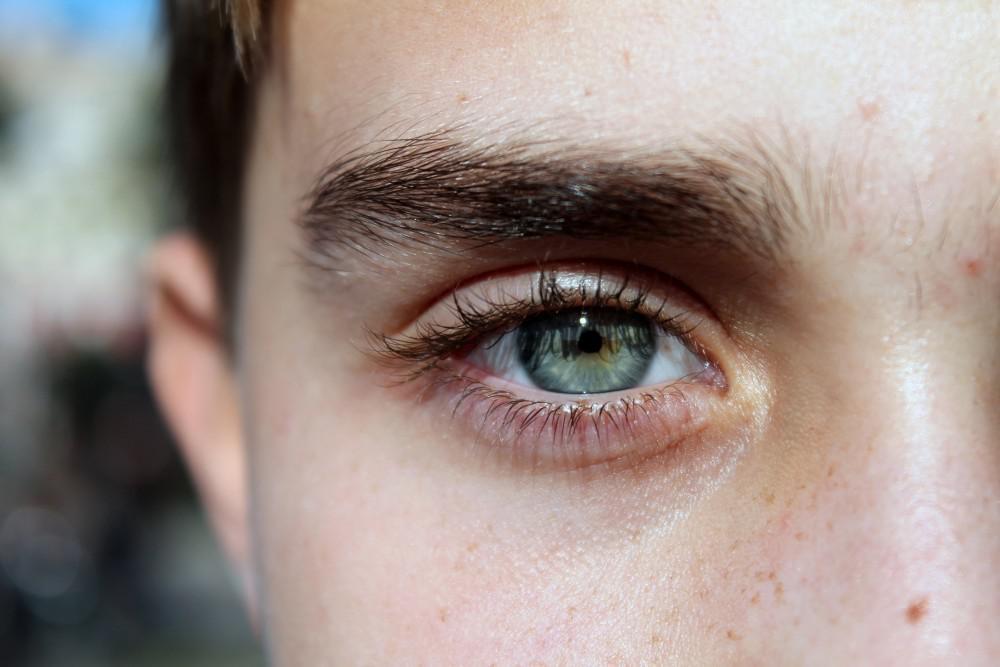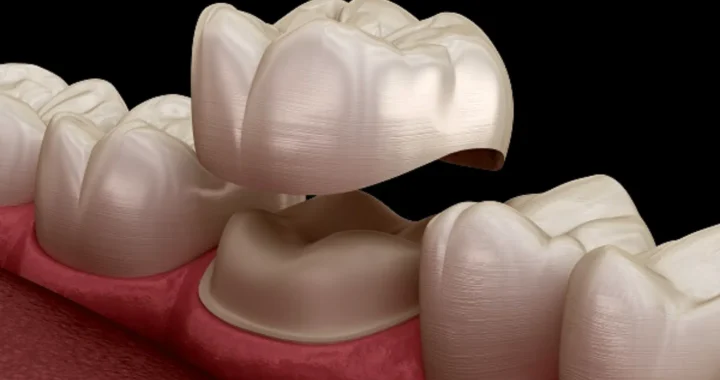The Importance of Knowing About Genetic Eye Diseases

Healthy vision allows you to perform excellently, whether at home, work, when driving, playing sports, and more! That’s why you must keep your eyes healthy with a proper lifestyle. There are ways to correct them if you have vision issues, such as finding contact lenses, corrective vision surgery, or affordable glasses near me in clinics like Dr. Tavel.
Unfortunately, some of us may inherit certain eye conditions because it runs in the family. That’s why you must learn about your family’s eye health history, as genetics play a massive role in increasing the risk of medical disorders.
That said, here are some of the reasons you must be aware of your family’s health history and why your eye doctor in Bloomington IN would ask about it.
The Truth About Genetic Eye Diseases
Did you know that 350 eye diseases are linked to hereditary factors such as age-related macular degeneration, cataracts, glaucoma, night blindness, and more?
In adults, AMD and glaucoma are leading causes of blindness. Experts believe genetics plays a major role in various forms of glaucoma, and if you have a family member with this diseases, it can make you 4-9 times more likely to develop it.
While not all types of macular degeneration are hereditary, about 15-20% of those with this condition have a close relative diagnosed with the condition. The lifetime risk of developing this condition is about 50% for those with a relative with AMD. That’s four times the risk than those who don’t have any relatives with it.
There is also another condition called cataracts, which is the clouding of the eye’s crystalline lens. For those with close relatives who have cataracts, there’s a greater chance of developing it than those without the family history. However, the success rate of those undergoing cataract surgery is quite high. Even then, it’s crucial to detect the condition early before it impacts your vision and quality of life.
As you can see from the common eye disorders mentioned, heredity plays a crucial role in vision problems. There’s growing evidence that vision problems in children and adults are genetically determined. That’s why you need to learn your family history of certain diseases!
The Importance of Knowing About Genetic Eye Diseases
Learning about your family’s medical history can provide crucial clues about your predisposition to eye diseases or vision problems.
You can get your family’s health history by calling your family or talking with them during get-togethers. Once you collect adequate information, make sure you share what you learned with your eye doctor. He will use this information as he evaluates your eye health and vision.
Like age-related macular degeneration and glaucoma, various eye diseases have no symptoms during their early stages. That’s why early treatment is crucial before things worsen, and sharing your family’s accurate health history is the first step to doing so.
Wrapping It Up
Take the appropriate steps to learn more about your family’s health history to relay to healthcare professionals.


 Innovations in Health Screenings: Exploring the Latest Technologies in Clinic Services
Innovations in Health Screenings: Exploring the Latest Technologies in Clinic Services  Dental Crowns –Restoring Strength, Function, And Aesthetics.
Dental Crowns –Restoring Strength, Function, And Aesthetics.  One-Person Wonder: Making Waves in the Massage Industry in Gunma
One-Person Wonder: Making Waves in the Massage Industry in Gunma  How Cataract Surgery in Nashville Improves Vision and Quality of Life
How Cataract Surgery in Nashville Improves Vision and Quality of Life  Maintaining Oral Health: The Role of Dentists in Richmond
Maintaining Oral Health: The Role of Dentists in Richmond  How to Choose the Best Implant Dentist in Sheffield: A Guide
How to Choose the Best Implant Dentist in Sheffield: A Guide